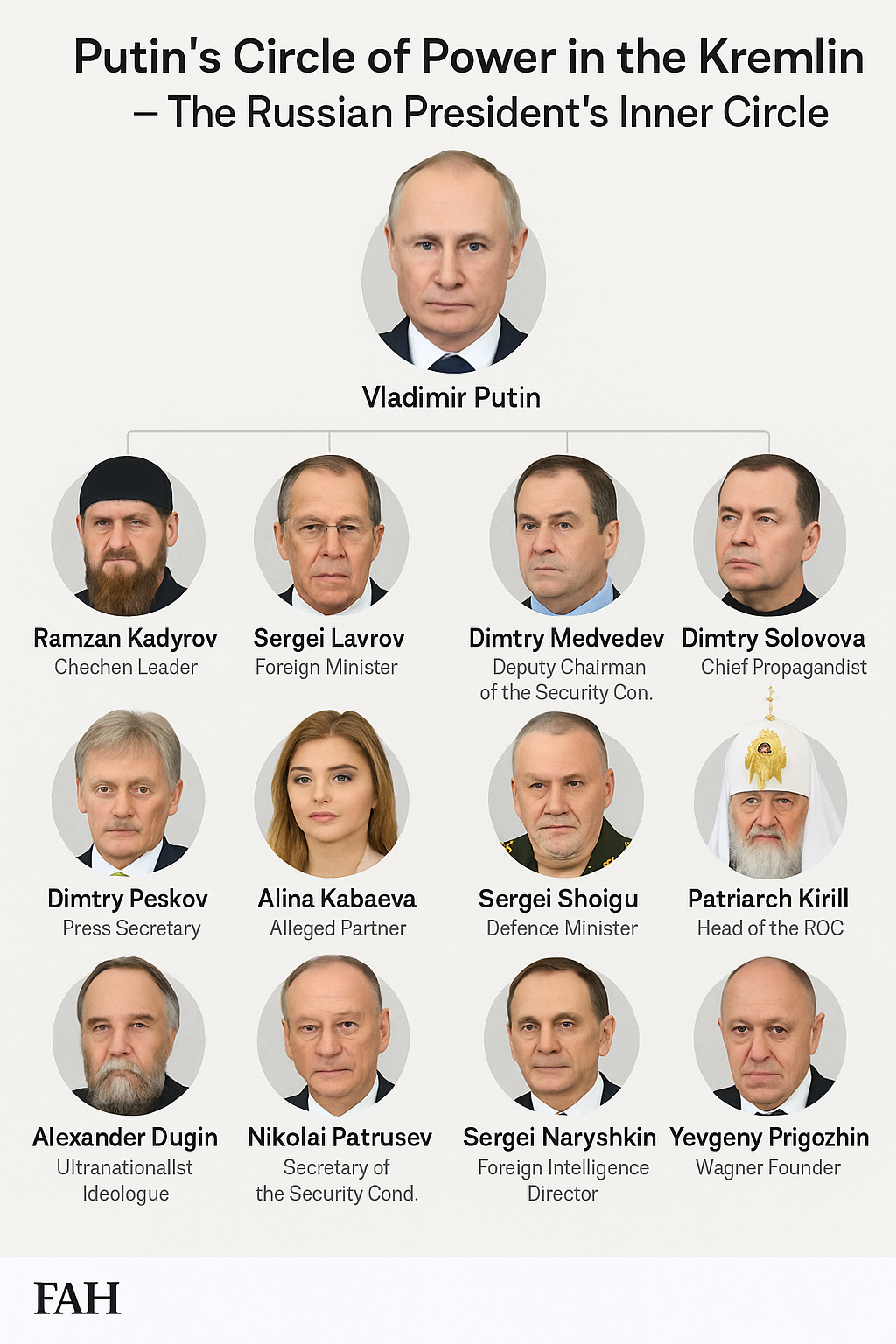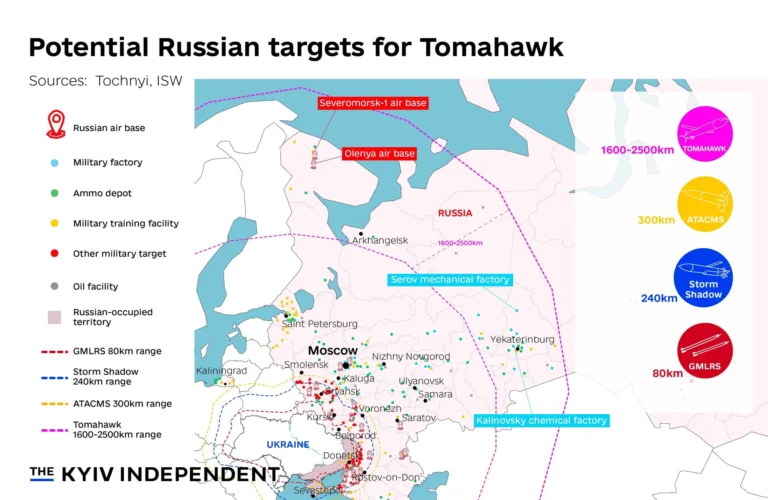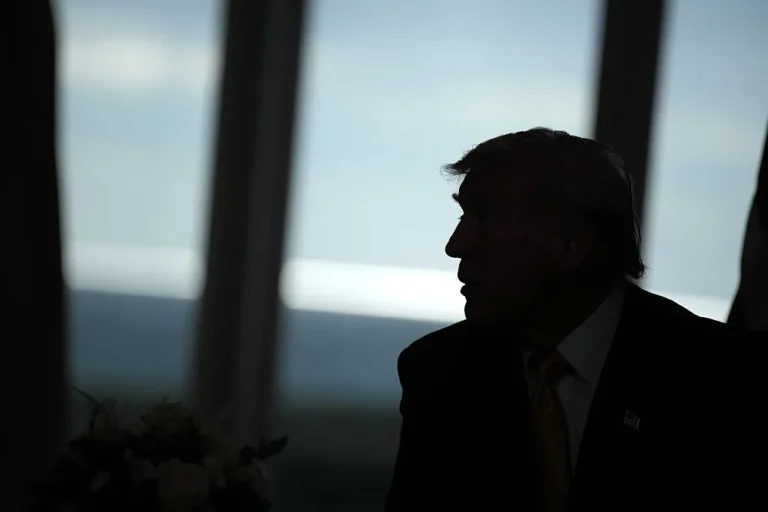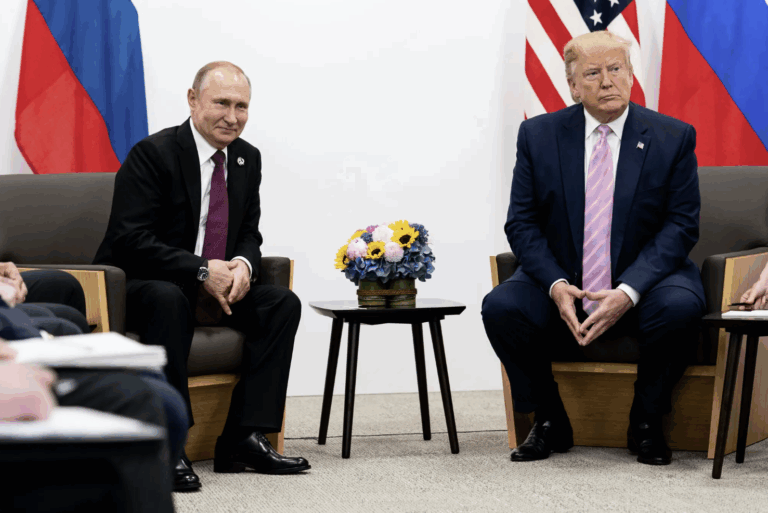
Inside Putin’s Circle of Power: The Men (and One Woman) Behind Russia’s War Machine
Since the start of Russia’s full-scale invasion of Ukraine, Vladimir Putin has been cast as the central architect of the war. But while Putin is the face of Kremlin aggression, he is not alone. Behind him stands a tight-knit circle of ideologues, generals, intelligence veterans, propagandists, and loyalists who sustain his regime and shape its violent agenda.
This article introduces the most influential players within Putin’s elite power structure, those who help enforce authoritarian rule at home and spread imperialist ideology abroad.
Ramzan Kadyrov, The Warlord in the Caucasus
Ramzan Kadyrov, head of the Chechen Republic, is one of the most militant voices in Putin’s entourage. He commands his own paramilitary force, the so-called “Kadyrovtsy”, and has repeatedly urged more brutal action in Ukraine.
A staunch Putin loyalist, Kadyrov styles himself as a defender of Islamic and traditional values, while presiding over a regime infamous for abductions, torture, and extrajudicial killings. He’s been rewarded with promotions and public praise, even being elevated to Colonel General in 2022. His rule in Chechnya resembles a personal dictatorship, complete with a cult of personality.
Sergei Lavrov, The Diplomat Turned Demagogue
Lavrov, Russia’s Foreign Minister since 2004, has become a chief apologist for Putin’s aggression. Once seen as a skilled diplomat, Lavrov now regularly defends Russia’s invasion with grotesque disinformation, including claims that Ukraine is run by Nazis, and Hitler had “Jewish blood.”
He accuses the West of trying to erase Russian culture, turning diplomatic visits into ideological platforms. In January 2023, during a tour in Africa, he called the war in Ukraine “not hybrid, but a real war” by the West against Russia. Lavrov’s rhetoric often mirrors Soviet-style propaganda, updated for today’s geopolitical tensions.
Dmitry Medvedev, The Radicalized Former President
Once a symbol of modernization and legal reform, Dmitry Medvedev has reinvented himself as a hardline nationalist. After serving as Russia’s president from 2008 to 2012, and as prime minister until 2020, he is now deputy chairman of the Security Council.
Medvedev frequently issues unhinged social media rants, threatening nuclear war, predicting the collapse of the West, and describing Ukrainians as a “failed experiment.” His transformation into a conspiracy-driven ideologue reflects how deeply the Kremlin’s inner circle has embraced anti-Western paranoia.
Dmitry Peskov, The Voice of the Kremlin
As Putin’s longtime press secretary, Dmitry Peskov plays a key role in shaping the Kremlin’s narrative for domestic and international audiences. Behind his calm demeanor lies a master manipulator of language and spin, tasked with denying war crimes, deflecting criticism, and projecting strength.
Sanctioned by the EU after the invasion, Peskov’s public statements offer a window into the Kremlin’s propaganda strategy, blending legalistic denials with veiled threats. He’s less a spokesperson than a regime functionary who ensures Putin’s version of reality is the one that dominates state media.
Alina Kabaeva, The Ghost Partner
Officially, Alina Kabaeva is a decorated Olympic gymnast and media executive. Unofficially, she’s believed to be Putin’s long-term partner and the mother of several of his children, though both she and the Kremlin deny it.
She serves as chairwoman of the National Media Group, which controls key pro-government outlets. Since 2015, she has largely retreated from public life, adding to the mystique surrounding her role. Despite her limited political profile, her proximity to Putin gives her significant soft power within the system.
Vladimir Solovyov, The Mouthpiece of Madness
Solovyov is the loudest, and most venomous, voice in Russian state media. His Sunday night talk show, broadcast on Rossiya 1, is a platform for anti-Western hysteria, ultranationalism, and calls for nuclear escalation.
He frequently attacks European leaders, mimics Nazi speech patterns to mock Germans, and has referred to Bucha and Srebrenica as staged. His job is not just to inform, but to incite, shaping public opinion to support war, repression, and authoritarian rule.
Alexander Bortnikov, The Secret Police Chief
Head of the FSB (Russia’s domestic intelligence agency), Bortnikov is a shadowy figure who has helped Putin suppress dissent and eliminate opposition. A KGB veteran like Putin, he was appointed to the FSB’s top job in 2008.
Under his leadership, the FSB has expanded its influence across Russian society, monitoring universities, silencing journalists, and allegedly orchestrating assassination attempts, including the poisoning of Alexei Navalny. Bortnikov ensures the regime’s enemies are watched, discredited, or eliminated.
Sergei Shoigu, The General Under Fire
As Defense Minister since 2012, Shoigu oversaw Russia’s annexation of Crimea and intervention in Syria. He was once considered a trusted Putin ally, even joining the president on fishing and hiking trips in Tuva.
But Shoigu’s position has become precarious due to Russia’s failures on the battlefield. Analysts believe Putin may scapegoat him for military setbacks. In 2024, Shoigu was replaced as Defense Minister by Andrei Belousov, an economist, as the Kremlin shifted toward a full-scale war economy.
Patriarch Kirill, The Holy Warrior
Patriarch Kirill, born Vladimir Gundyaev, leads the Russian Orthodox Church, and provides spiritual cover for Putin’s ambitions. A former KGB agent, Kirill refers to the war as a battle against evil, questioning Ukraine’s right to exist and blessing the invasion.
He has called Putin’s rule a “miracle of God” and labels Russia’s opponents as satanic. Far from preaching peace, Kirill helps sanctify aggression, offering divine justification for military and political domination.
Alexander Dugin, The Propagandist Masquerading as Philosopher
Dugin, long mislabeled as “Putin’s brain,” is an ultranationalist ideologue whose ideas blend fascism, mysticism, and calls for Slavic empire. His book Foundations of Geopolitics openly advocates dismantling Ukraine’s sovereignty.
A former member of antisemitic and occult circles, Dugin now serves as a symbol of radical ideology, influential not for his proximity to power, but for how well his rhetoric echoes Kremlin strategy. He advocates total war: “Kill, kill, kill,” he once said about Ukrainians, “that’s my opinion as a professor.”
Nikolai Patrushev, The Hawk in the Shadows
Patrushev, Secretary of the Security Council, is one of Putin’s closest confidants. Both men served in the KGB and rose through the ranks together. Patrushev is seen as an ideological hardliner, anti-Western, conspiratorial, and ruthless.
He has referred to Ukrainians as “non-humans” and claims the U.S. supports a Nazi regime in Kyiv. If Putin ever became incapacitated, Patrushev is widely considered the likeliest stand-in.
Sergei Naryshkin, The Spy Master
As head of Russia’s foreign intelligence agency (SVR), Naryshkin helps shape Russia’s external propaganda. Days before the invasion, he fumbled a televised meeting with Putin by mistakenly endorsing annexation instead of independence for Donetsk and Luhansk, a moment that showed just how scripted Kremlin decisions are.
Naryshkin sees the war as a battle for Russia’s very existence, describing the West as a liberal-fascist force aiming to cancel Russia altogether.
Yevgeny Prigozhin, The Mutinous Mercenary
Once dubbed “Putin’s Chef” due to his catering business, Prigozhin built a paramilitary empire through the Wagner Group. He carried out missions for the Kremlin in Syria, Africa, and Ukraine, often with brutal efficiency.
In June 2023, he staged a short-lived rebellion against Russia’s military leadership. Weeks later, he died in a mysterious plane crash. Prigozhin’s fall revealed cracks in Putin’s grip on power, and served as a warning to any would-be rivals.
🟡 If this breakdown helps you see the full architecture of Putin’s regime more clearly, consider supporting this work. Every share, coffee, or comment keeps these stories alive.






